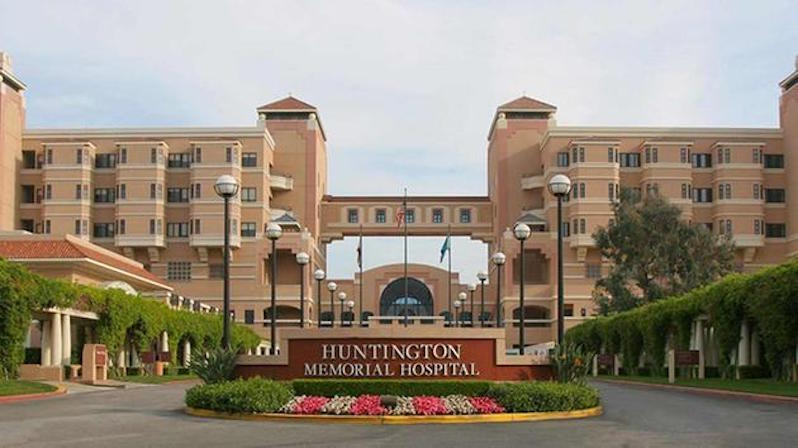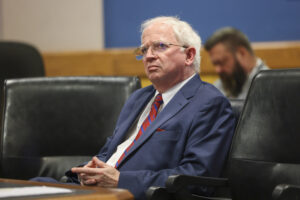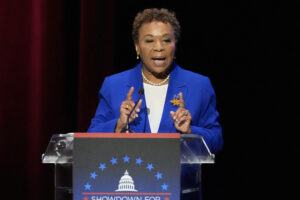Huntington Hospital Values Profits Over People
The deaths of 11 patients and the California Nurses Association’s battle to unionize nurses at the hospital in Pasadena, Calif, is emblematic of a larger problem—the corporatization of health care The deaths of 11 patients and the California Nurses Association’s battle to unionize nurses at the hospital in Pasadena, Calif. An investigation into patient deaths at Pasadena's Huntington Memorial Hospital found fault with both the design of medical scopes used in procedures and the hospital's lapses in infection control. (ABC7 video still)
1
2
3
An investigation into patient deaths at Pasadena's Huntington Memorial Hospital found fault with both the design of medical scopes used in procedures and the hospital's lapses in infection control. (ABC7 video still)
1
2
3

An investigation into patient deaths at Pasadena’s Huntington Memorial Hospital found fault with both the design of medical scopes used in procedures and the hospital’s lapses in infection control. (ABC7 video still)
Independent journalism is under threat and overshadowed by heavily funded mainstream media.
You can help level the playing field. Become a member.
Your tax-deductible contribution keeps us digging beneath the headlines to give you thought-provoking, investigative reporting and analysis that unearths what's really happening- without compromise.
Give today to support our courageous, independent journalists.






You need to be a supporter to comment.
There are currently no responses to this article.
Be the first to respond.